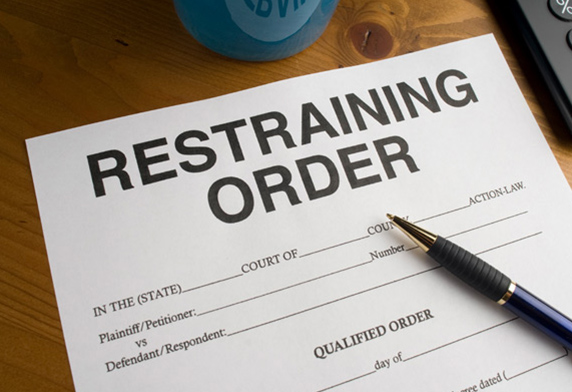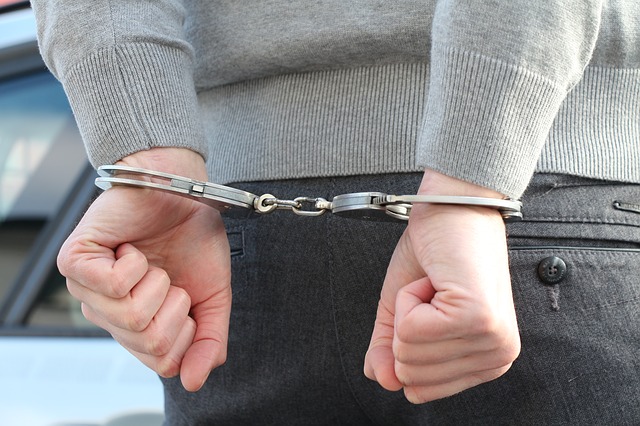What is an Apprehended Violence Order (AVO)?
Although they are commonly referred to as “AVOs”, in New South Wales, there is no such thing as a general “AVO”.
Rather, there are two different types of AVOs that can be put in place to protect a person, they are:
1) ADVOs (Apprehended Domestic Violence Orders); and
2) APVOs (Apprehended Personal Violence Orders).
Although these orders are similar and can both be categorised as AVO’s, they each apply in different circumstances.
Our expert Sydney AVO Lawyers can explain the difference between the two AVOs to you, however, in short the difference is that Apprehended Domestic Violence Orders deal with circumstances arising from “domestic relationships”. Whereas, Apprehended Personal Violence Orders operate in any other circumstance where a domestic relationship is not in place.
An apprehended violence order is an order that essentially restricts a person from undertaking certain acts in respect of another person. The idea is that these restrictions will help ensure the safety and protection of the person.
Every AVO must contain the “mandatory conditions”, that is the conditions that prohibit the person stalking, intimidating, harassing, interfering with or damaging a persons property.
Additionally, the courts usually impose further conditions, these further conditions commonly include:
a) Contact restrictions;
b) Restrictions that deny a person from approaching a place where a person lives or works;
c) Restrictions that prohibit a person from living at a certain address.
An AVO will usually remain in force as long as the court deems that it is necessary to protect the person. This period is usually 12 to 24 months.
It is important to note that an AVO is not a criminal charges and a person cannot be given a criminal record for an AVO.
Although AVOs can be associated with criminal offences, they are entirely civil in nature.
The only time that an AVO will result in a criminal matter is if the person breaches the AVO.
To find out more about apprehended violence orders organise a free first conference with one of our expert Sydney AVO Lawyers or alternatively click on the links below to find out more detailed information about the specific type of apprehended violence order that applies to your case.





